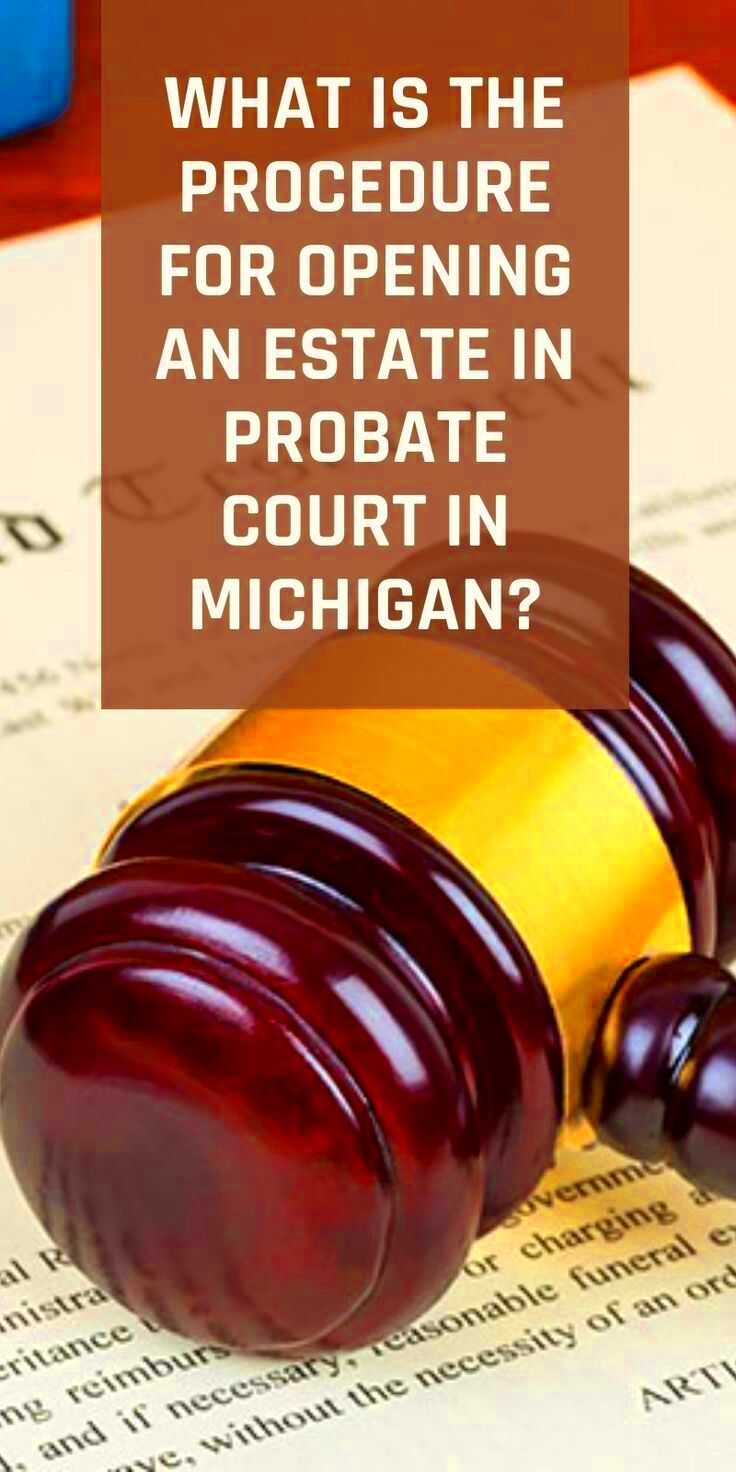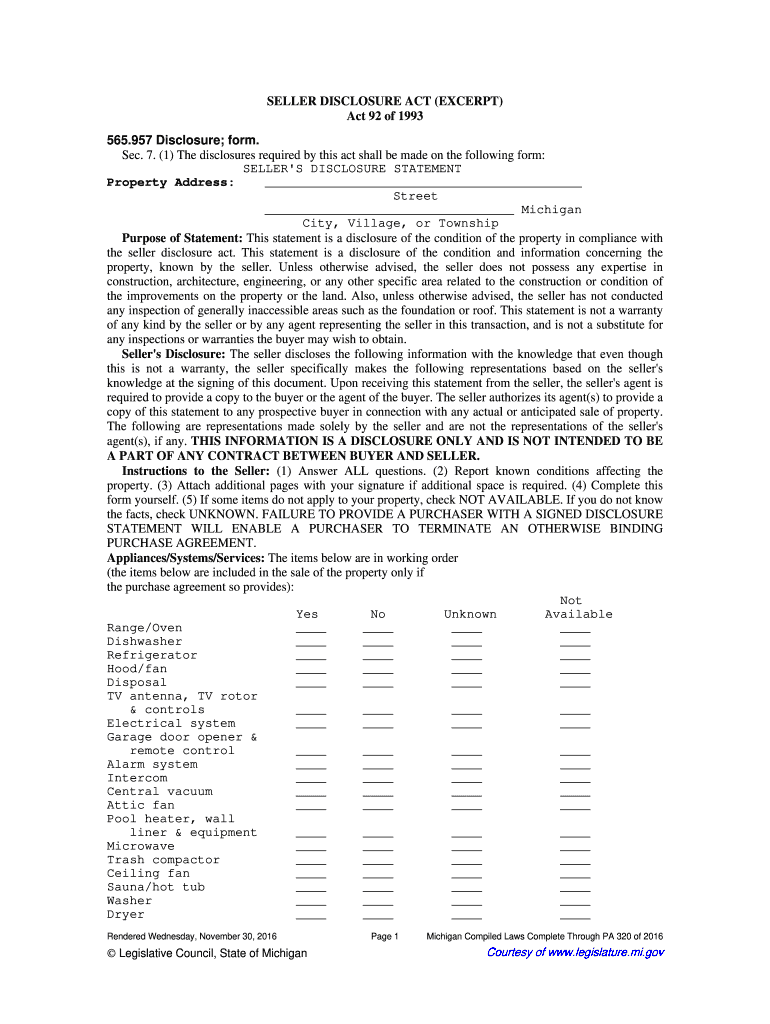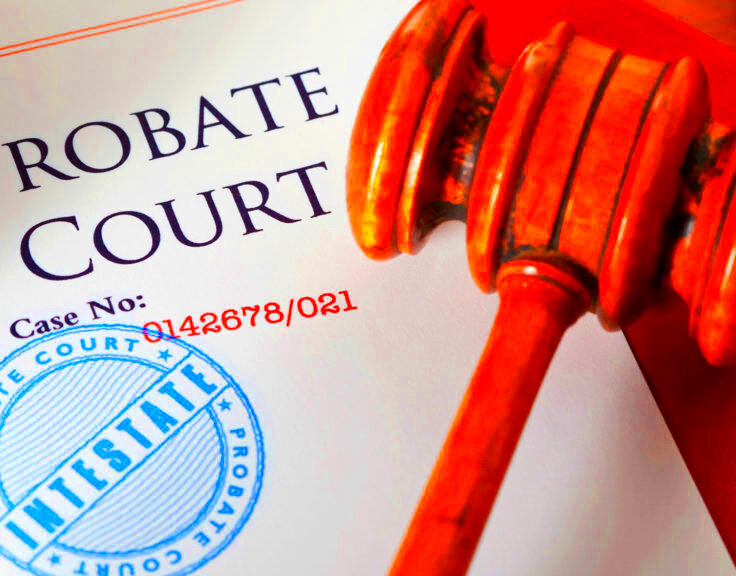Common Questions About Michigan Estate Law
It is necessary for you to comprehend the Michigan estate law concerning asset management and future planning. After you die, your property and other assets are controlled by estate law. This can involve anything from executing your will to settling debts to passing on your inheritance to heirs. In Michigan, however, there may be significant differences in the laws that apply in such situations compared to other states; therefore it is imperative that you understand local rules and regulations.
Here are some significant notes to reflect upon:
- Estate law encompasses wills, trusts, probate, and powers of attorney.
- Understanding the Michigan Probate Code is essential for effective estate planning.
- State laws determine how property is divided among heirs, so it’s important to be aware of your rights.
Key Terms in Estate Planning

Before exploring the intricacies of Michigan estate law, it is beneficial to get acquainted with essential words regarding estate planning. Familiarity with such words will enable you to make educated choices concerning your estate.
- Estate: All the assets and debts you leave behind when you pass away.
- Testator: The person who creates a will.
- Beneficiary: An individual or entity entitled to receive assets from your estate.
- Executor: The person responsible for carrying out the terms of your will.
- Trust: A legal arrangement to manage your assets for the benefit of specific individuals.
Wills and Their Importance in Michigan

The will is one of the most important papers you will write in your entire life for planning your estate and it is like an instruction book for you at the end. It is easy to share everything to each of the heirs or beneficiaries with the help of a valid will in Michigan and thus most of the time all conflicts among them are eliminated. If there isn’t any document, laws of intestacy state how properties belong to a certain person whose death has occurred are shared, which might be really far from what that person wanted.
Here are some of the reasons that make having a will so essential:
- Determines Asset Distribution: A will allows you to specify how your assets should be divided, providing clarity and avoiding confusion.
- Appoints Guardianship: If you have minor children, a will lets you appoint guardians to care for them, ensuring they are in good hands.
- Minimizes Probate Issues: A well-crafted will can streamline the probate process, saving time and potentially reducing costs.
- Provides Peace of Mind: Knowing your wishes are documented can offer peace of mind for both you and your loved ones.
To sum up, a will fulfills more than just a legal procedure but serves as an important instrument for proper estate management in the state of Michigan.
The Role of Trusts in Estate Management

Trusting is the most powerful method of managing estates with an emphasis on flexibility and control over asset handling during one’s lifetime or after death. Establishing a trust in Michigan may assist in effective estate management particularly where there are specific instructions for the beneficiaries. Avoiding probate, minimizing estate taxes and shields from creditor’s claims are some of its advantages.
Michigan has several types of trusts in use.
- Revocable Living Trust: This type of trust allows you to maintain control over your assets during your lifetime, and you can change or revoke it as needed.
- Irrevocable Trust: Once established, you cannot alter this trust. It can provide tax benefits and protect assets from creditors.
- Testamentary Trust: Created through your will, this trust comes into effect upon your death and can manage assets for your beneficiaries.
By employing a trust, one can also maintain privacy as trusts usually bypass public probate procedures. Thus, many individuals appreciate that your financial affairs are kept secret.
Probate Process Explained in Michigan

The legal procedure via which the deceased person’s estate is settled is called the probate process. This process might seem overwhelming in Michigan, but knowing how it works can help ease your burden. Basically, probate involves validating a will, paying any debts or taxes owed, and distributing whatever is left to beneficiaries.
The simplified overview of the probate process in Michigan is given here:
- Filing the Will: The executor must file the deceased’s will with the probate court.
- Appointment of Executor: The court officially appoints the executor to manage the estate.
- Inventory of Assets: The executor must identify and value all assets in the estate.
- Payment of Debts and Taxes: Any outstanding debts or taxes must be paid from the estate.
- Distribution of Assets: Finally, the remaining assets are distributed to the beneficiaries as outlined in the will.
In terms of your will or other legal documents related to the management of your possessions after death, it’s good to recognize that probate can be time-consuming and also expensive hence aiding in splitting these assets during your lifetime may be advisable for people who still can do this before their eventual passing away.
How to Contest a Will in Michigan
A Will can be contested on serious grounds, usually emanating from family member disputes or worries about the deceased’s intentions. There are specific grounds for contesting a will in Michigan that, if fully understood will help you go through the process well.
There are many reasons why someone may wish to contest a will, including:
- Lack of Capacity: Arguing that the testator did not have the mental capacity to make a valid will.
- Undue Influence: Claiming that someone exerted excessive pressure on the testator to influence their decisions.
- Fraud: Suggesting that the will was created or modified under fraudulent circumstances.
- Improper Execution: Contending that the will was not signed or witnessed according to Michigan law.
The Michigan rules for contesting a will state that you are required to file a formal complaint in probate court. It is wise to gather adequate evidence in support of your claims and think about getting legal assistance to help you through the complexities involved. Contests can be emotionally draining therefore it is important to handle them with care.
Tax Implications of Estate Inheritance
In Michigan, it is essential to comprehend the taxation consequences associated with receiving an estate. Although there is no inheritance tax in this state, various taxes must be considered by heirs. A better understanding of how these tax systems function will inform your choices regarding inheritance and finances in the future.
Below are the key aspects of taxation to be taken into account:
- Federal Estate Tax: If the estate’s value exceeds the federal threshold (over $12 million as of 2023), the estate may be subject to federal estate tax. This tax is calculated based on the estate’s total value before any debts or expenses are deducted.
- Income Tax on Inherited Assets: Generally, inherited assets like stocks or real estate aren’t taxed as income. However, if you sell these assets, you might face capital gains tax on the increase in value since the original owner’s date of death.
- Property Taxes: If you inherit real estate, be aware that property taxes will still apply. The value of the property may be reassessed, affecting future tax obligations.
In order to have knowledge about the impact of these taxes on your legacy, it is prudent to seek guidance from a tax consultant and prepare for them as required. In the end, seeking information could help you save some amount and avoid any kind of tension.
Finding Legal Assistance for Estate Matters
It’s complicated even to deal with estate affairs; hence it’s always good to pay a lawyer. For instance, when one wants to make a testament or administer a trust or move through the process of probate, the help of an informed lawyer can significantly change the whole scenario. There are many avenues one can use in getting fitting legal aid services in the State of Michigan.
In order to get an attorney, do the following:
- Research Online: Use reputable websites to search for attorneys specializing in estate law. Look for reviews and ratings to gauge their expertise.
- Ask for Referrals: Reach out to friends, family, or financial advisors who may have experience with estate attorneys. Personal recommendations can be invaluable.
- Check Professional Associations: Organizations like the State Bar of Michigan offer directories of attorneys by specialty, helping you find someone with the right expertise.
- Schedule Consultations: Many attorneys offer free initial consultations. Use this opportunity to ask questions and get a feel for their approach and communication style.
You know, it’s important to find some legal help so that your estate issues run smoothly and lawfully.
Frequently Asked Questions About Michigan Estate Law
The knowledge of Michigan estate law can sometimes become daunting and it is often in order to have inquiries. The listed are some frequently asked question that will assist in clearing misunderstandings about planning and caring for estates.
- What happens if I die without a will? If you pass away intestate (without a will), Michigan law dictates how your assets are distributed, which may not reflect your wishes.
- How long does the probate process take? The probate process in Michigan can take anywhere from a few months to over a year, depending on the estate’s complexity and any disputes.
- Can I contest a will after it has been submitted for probate? Yes, you can contest a will during the probate process, but you must do so promptly and provide valid grounds for your challenge.
- Do I need a lawyer to create a will in Michigan? While you can create a will without a lawyer, it’s highly recommended to seek legal assistance to ensure it meets state requirements and reflects your intentions.
- Are trusts subject to probate? Generally, assets held in a trust do not go through probate, allowing for a quicker and often less costly distribution to beneficiaries.
Although these frequently asked questions may clarify certain elements of Michigan estate law, it is advisable to consult a legal professional for tailored guidance.
Conclusion on Navigating Michigan Estate Law
Navigating through estate law in Michigan may be viewed as a complicated process; however, if one understands the basics involved, it becomes much simpler. This is because apart from wills and trusts there are several things including the probate processes as well as their respective tax implications that can help one stay grounded on effective estate planning. Therefore it is recommended that whenever one is thinking about their estates they should first consult legal experts so as to have an adequate understanding of their specific circumstances and enter into correct arrangements with regard to settlement plans.
Informed rights and duties guarantee that your possessions are shared the way you want them to be while looking after those who mean everything to you the most. Planning out all these may seem farfetched at first or after dealing with probate’s hardships, but know that you are not alone in this. There are various professionals and materials here that can help you on the way.


